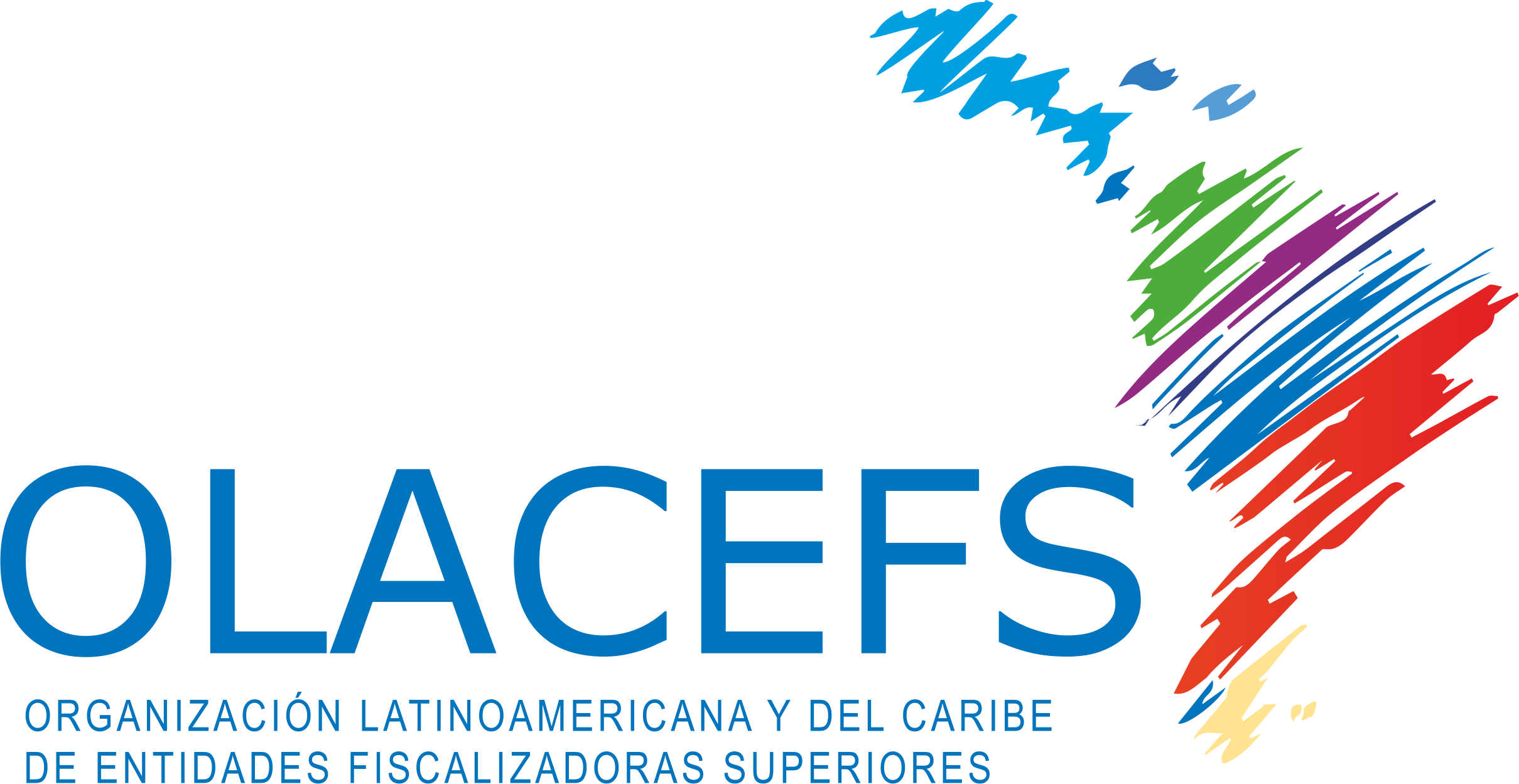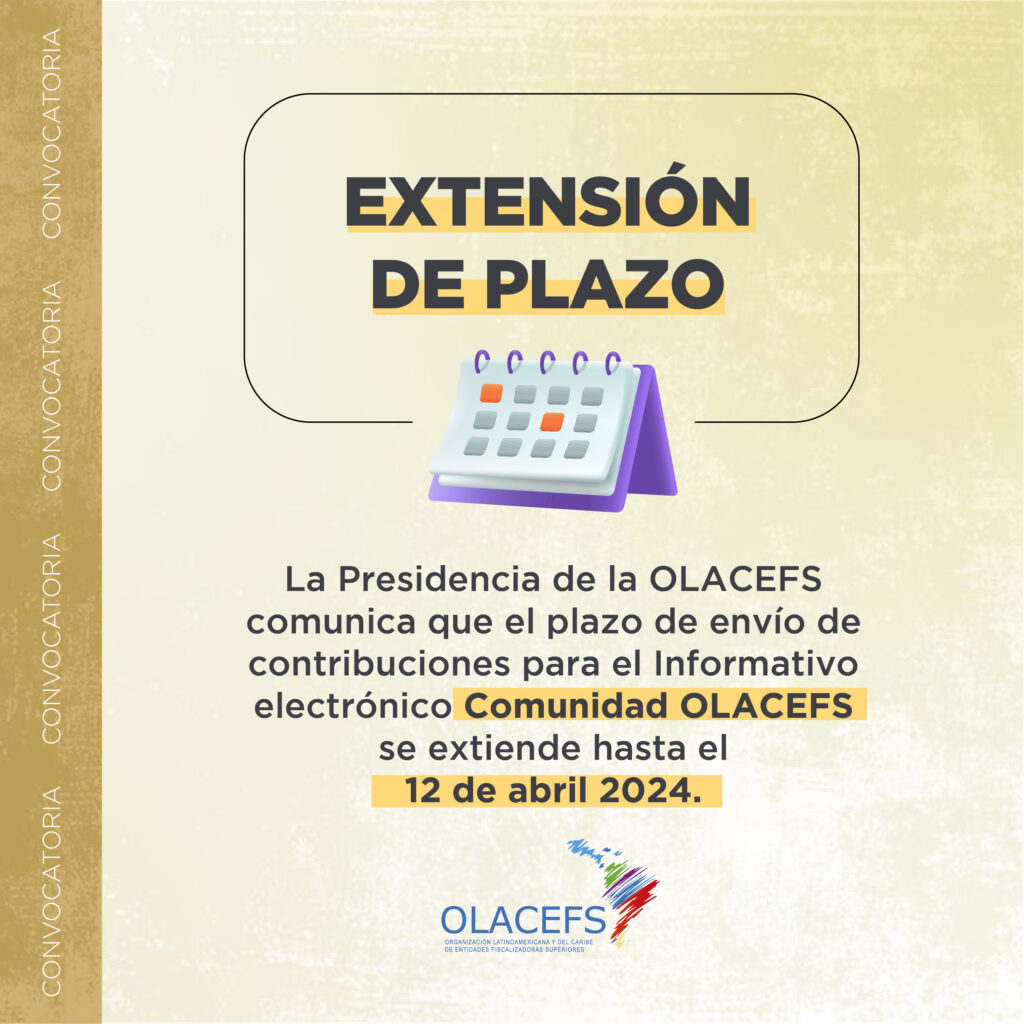César Abusleme
Public Systems Center
Universidad de Chile
It has become commonplace to say that the current health crisis will be a determining factor in accelerating the digital transformation of the public sector. However, there are already some voices calling into question this determinism disguised as optimism: the potential of this pandemic as a catalyst for a new digital revolution would be strongly conditioned by the technological infrastructure and the degree of maturity of each country’s digital governments.
In this vein, it should not be forgotten that the design and implementation of new technologies in the public sector is carried out within the framework of pre-established power structures. This is particularly important with regard to those technological tools such as open data, whose reuse may be key to tackling the pandemic, but, at the same time, involves giving part of the control over public information to citizens and increasing public scrutiny over decision-making (about life and death in this case!). When it comes to promoting the openness of public data, many political leaders are likely to think of the words of Tony Blair, who called himself a complete idiot for furthering a law on access to public information in the UK.
Will Covid-19 be able to change this landscape and encourage our authorities to adopt this technology in the public sector? A good starting point to try to answer this question is to explore the political circumstances that have enabled, among other factors, the adoption of open data strategies in our most recent history. This is precisely the adventure I embarked on in a recent research on the cases of Mexico, Colombia and Chile, and this is what I found:
- Mexico. Although civil society had been promoting an agenda in this area for some time, Mexico’s open data strategy took on a breathtaking pace only after the forced disappearances of Iguala and the cases of corruption involving President Peña Nieto and his wife (the “Casa Blanca” case), and his Minister of Finance in 2014. In fact, the following year, (1) Peña Nieto included open data among the 10 official measures to address this political turbulence and (2) issued the first administrative regulation of open data, (3) they were given legal recognition, (4) a national policy was published, (5) the final version of datos.gob.mx was launched, and (6) Mexico began to play a very active role in international groups interested in open data, eventually co-founding the Global Partnership for Sustainable Development Data and the Open Data Charter. In addition, (7) it adopted the Open Contracting Data Standard in two major infrastructure projects, and (8) began working with the OECD to improve its performance on open government data.
- Colombia. The robust and gradual evolution of its open data strategy was indirectly fueled by the intention of President Santos to improve the country’s international image and be invited to join the OECD. Virtually all stages of the evolution of the Colombian strategy have a precedent in the international arena: in 2011, Colombia joined the Open Government Partnership (OGP) and launched its first open data portal; in 2012, these were included in its e-government strategy, as stipulated in its first OGP Action Plan; in 2015, a new version of its portal was launched, following ad hoc recommendations from the World Bank and, in 2018, it developed a Big Data policy and a new Digital Government Policy in accordance with the recommendations included in special studies of the OECD.
- Chile. The absence of an open data policy in Chile is consistent with a general degree of disinterest in this technology on the part of its political authorities. In his first presidential term (2010-2014), Sebastián Piñera (center right) issued an Open Government Directive and managed to make Chile one of the first Latin American countries to have an open data portal. However, the government quickly lost interest in this technology, so an open data policy was never formulated and the portal remained virtually unused since its launch. This situation was further exacerbated by the return to power of Michelle Bachelet (center left) in 2014. Her closest advisors saw digital government initiatives, including open data, as part of the “neoliberal,” “right-wing,” “efficiency-focused” agenda driven by Piñera and was quite skeptical about the potential of this technology to curb corruption. Since his return to the presidency in 2018, Piñera has not shown any interest in the development of an open data policy. In fact, he enacted a State Digital Transformation Act which, while undoubtedly a giant step in the right direction, only encompasses the digitization of administrative procedures.
The study of these cases leaves us with some lessons:
- The impact of Covid-19 on the adoption of open data strategies in the public sector will largely depend on the political dynamics of each national government. This is particularly evident when comparing the divergences between Chile and Mexico, two countries in which digital government is, for better or worse, highly politicized.
- The role of national and international civil society organizations is crucial to give our politicians a nudge to adopt open data strategies, as the cases of Mexico and Colombia clearly show. The pandemic can be an opportunity to accelerate digital transformation, but, for it to be exploited and to create public value (increased levels of transparency, accountability and citizen collaboration, for example), all stakeholders must intervene.
- Open data cannot be understood as a simple “portal” but as a much broader and more ambitious strategy. A data repository without legal, political, technical or financial support, as evidenced in the case of Chile, may become a merely symbolic and temporary response to the current crisis, which could ultimately even hinder the digital transformation of the public sector.
About the author
Cesar holds an LLB from the Universidad de Chile and an MSc in Public Policy and Administration from the London School of Economics. He has worked as policy advisor at the Justice Management and Modernization Directorate of Chile’s Ministry of Justice, and Legal Coordinator of the Public Sector Modernization Program funded by Chile’s Ministry of Finance and the Inter-American Development Bank. Currently, he is a civil servant out of his homeland, and contributes to the work of Universidad de Chile’s Public Systems Center.





